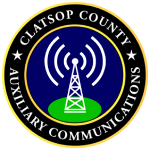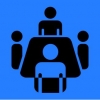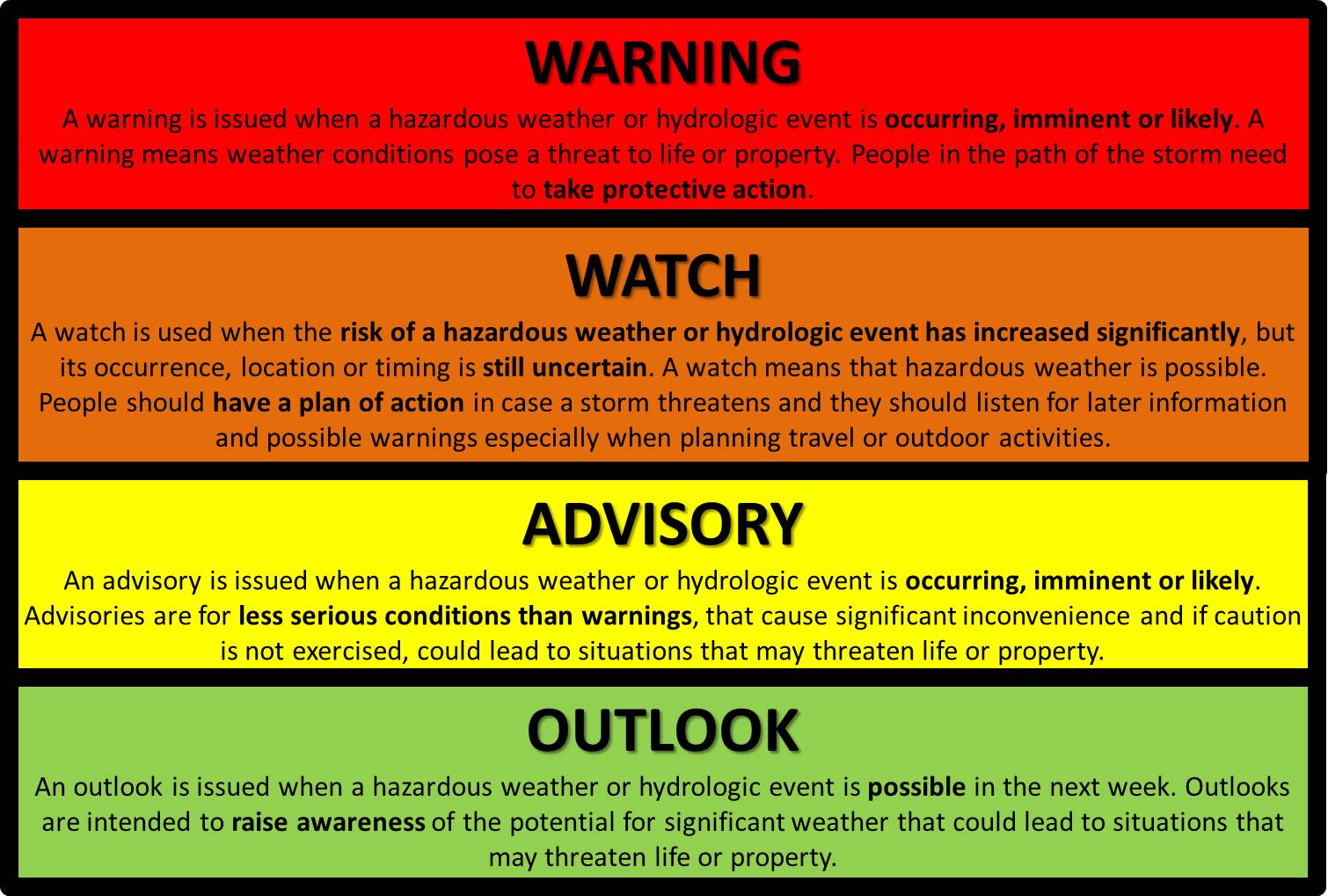It may be scary to talk to loved ones about such possibilities, and we may think we’re protecting them by avoiding these conversations, but it’s important to start taking steps to get ready and stay safe.
This year’s theme for National Preparedness Month (September) is “Start a Conversation,” which encourages you and your family to discuss the possible scenarios, take simple steps and build your preparedness at your own pace:
- Set aside a time when everyone is calm and relaxed.
- It may help to hold discussions over a set time period, so decisions aren’t rushed, and people feel more comfortable talking about the topic.
- Talk about steps you’ve taken to prepare, and encourage others to ask questions about preparedness actions that might work for them.
We recommend expecting the unexpected—including earthquakes, which in Oregon can cause tsunamis—and being prepared. Such emergencies can threaten our immediate safety, as well as food and power supplies.
Oregon recommends you be 2 Weeks Ready. That means be prepared to survive without normal access to basic resources for two weeks. Remember, it’s okay to take small steps toward that goal. It takes time to build kits and make a plan. The important thing is that you make progress.
Make a plan
- Understand what types of disasters could affect your area and how you will receive emergency alerts. Office of Emergency Management has a quick guide to emergency management to help you learn how to receive notifications in Oregon.
- Make a communication plan with your family members, because you may not be together when emergencies happen.
- Make a shelter plan.
- Know your evacuation route.
Emergency preparedness kits
Kits found online are not one-size-fits-all, but they can be helpful in getting ideas for your preparedness kit. Tailor your kit to fit you and your family’s needs at work, school and home.
Some basic kit items:

- Food and water (one gallon per person per day, additional for pets, livestock and service animals)
- Battery powered or hand cranked radio
- Flashlight
- First aid kit
- Extra batteries
- Whistle
- Local maps
- Plastic sheeting and duct tape (to shelter in place)
People with disabilities or special needs should consider including:
- Face coverings
- Alcohol-based hand sanitizer
- All medications (in original bottles or packaging if possible) or written copies of all prescriptions
- List of all medical conditions
- At least one change of clothing, including sturdy shoes
- Any important medical equipment (walkers, wheelchair, canes, oxygen concentrators, etc.)
- Essential medical supplies (syringes, blood sugar monitor, catheter, etc.)
- Eyeglasses, dentures, hearing aids, communication devices
- Cell phone and charger
- Contact numbers for family, health care provider and pharmacy
- Supplies for special dietary needs
- Photo ID, if possible
- Medical insurance information

Don’t forget your pets and service animals!
Build a kit for Fido or Fluffy that includes documents (recent photograph, rabies certificate, prescriptions for medications, microchip information, etc.), a two-week supply of food and water, manual can opener, pet first aid book, leash, collar with ID, and more. Prepare boarding instructions in case your animal needs temporary boarding at a shelter or vet.
VIDEO: Preparing for Pet Owners
On a budget?
Kits don’t have to be expensive. You may be able to gather and organize items you already have. If you’re replacing something that has gotten old but still works, such as a spare set of clothes or boots, consider keeping the old item for your kit. Ask friends or neighbors if they have extra items they’re looking to trade or give away. For anything you must buy, consider buying used items at a discount, or purchase items when there’s a sale or coupon available.
Find more information on kits here.
Children

Consider enrolling family members ages 26 and under in the free HERO Kids Registry (young adults 15 and older can register themselves), which can provide first responders and emergency medical providers with details of a child’s health background when making split-second decisions. It is especially useful for young people with complicated or chronic health conditions, and for those who experience developmental disabilities or mental health conditions. You can also include emergency contact information, which can help reunite families during a disaster. Learn more here.




